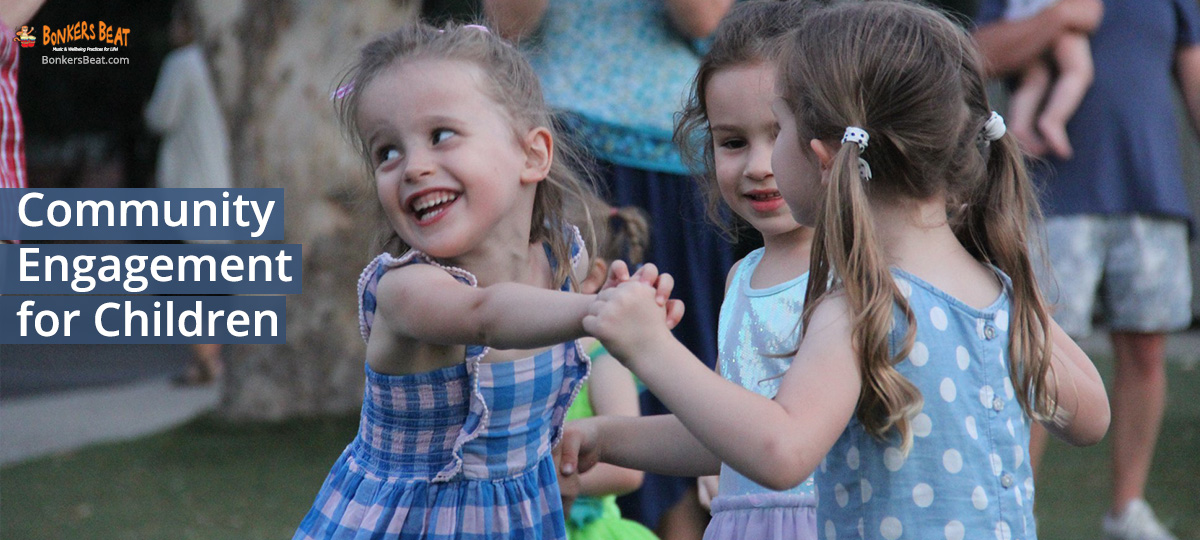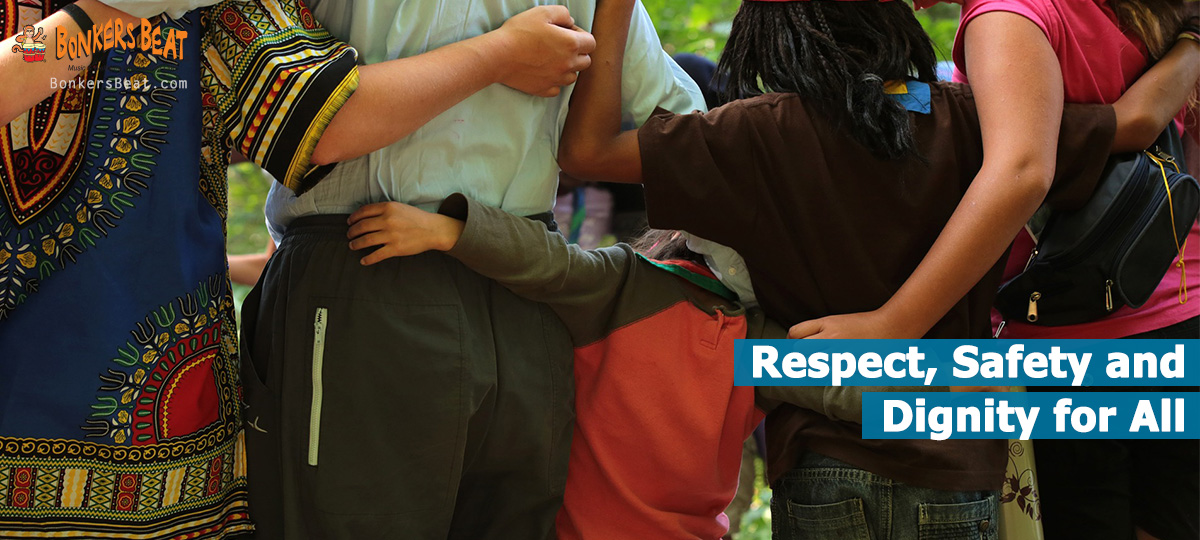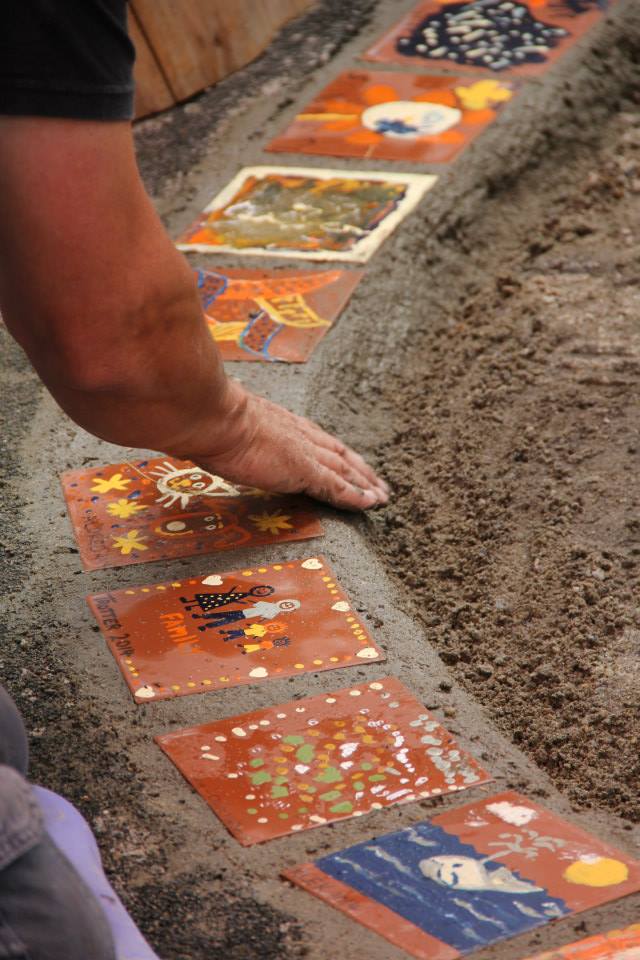A sense of belonging is something that is vital for human beings of all ages. With a world of screens at our fingertips though, people are increasingly existing in an online space. Buying groceries and clothes online, sending emails instead of letters and doing banking via an app are convenient, but it also means less engagement with our local communities. We believe it’s important to foster a sense of belonging within your neighbourhood, and for children to experience it too.
Most children live fairly local to their childcare service or kindergarten, so we become a place where broader connections are made. In fact, for some children and families a childcare service may be the first community they become a part of outside of the family home.
So, how can we build on this further and extend children’s sense of belonging to the local community? We’ve got a few ideas.
Sense of belonging through community engagement
1. Visit the local shops
This is not only a great way to help children feel connected within their communities, but can also give them useful life skills. For example, we visit the bank to deal with our money, the local newsagent stocks newspapers for us to learn about world affairs.. If the local shops are too far to travel,, a visit to a post box can be a great approach.
2. Have local services visit your centre
Many adults will remember having the local fire brigade or members of the police visit us during our early learning years. It’s exciting and educational! It’s also a great reminder for children of the unique roles we all have in our communities and how we work together and support one another.
3. Head to a place of significance
This could be a park, a historic area or a cultural landmark. Many reserves and statues in your local area would have more significance to your community’s development than perhaps you realise. This is great knowledge to pass onto today’s young people. Understanding where you live helps you to create a deeper connection with the place’s past, present and future.
4. Attend community events
If there is a festival or event coming up in your community, consider organising an excursion along to it! Alternatively, encourage families to head along and meet there to connect with one another and the community simultaneously.
5. Create a community space or event
If your community doesn’t have a lot to offer in the way of community spaces or events, why not create your own? A communal vegetable or herb garden has countless benefits for children and families. Bonkers Beat annual Working Bee have always been involving the wider community and have been a huge success or your centre could host a fundraiser – this not only raises money for something important but also showcases how wonderful your centre is too!
Of course, every community is different with access to community spaces and events varying widely from place to place. However, we are confident that with a bit of imagination you can discover community spaces to share with children. This will help them feel more connected to their local communities and help to develop their sense of belonging.
What do you do with children to help them engage with the community? Share with us on Facebook or via email and let’s inspire one another!
Take a look at our Facebook page to see Bonkers Beat Music Kinder getting out in the community too!



